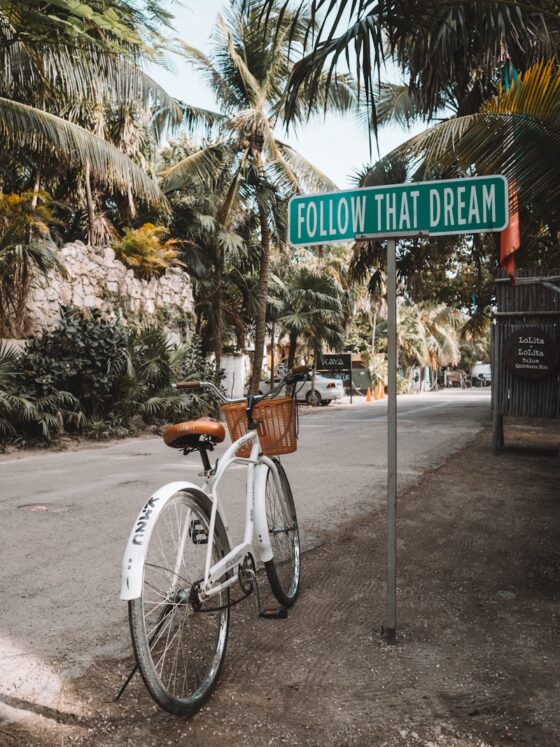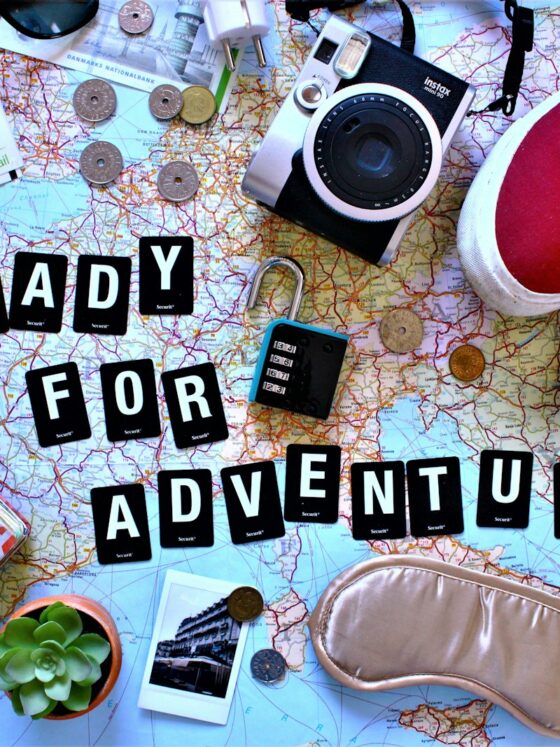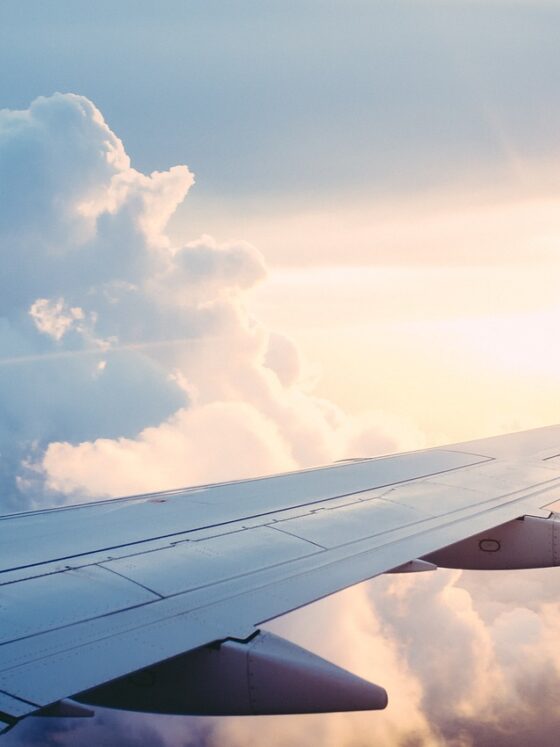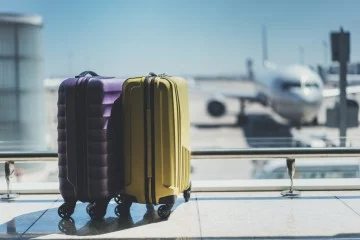Travelling can be life-changing; new cultures, local cuisines, and unforgettable experiences await. Yet for many, the weeks leading up to a trip are filled with dread rather than excitement. If your heart races at the thought of packing or boarding a plane, you’re not alone. I’ve been there—plan ruined, mindset racing, and anxiety in full swing. However, there is a positive aspect to consider. With a bit of prep, travel can feel exciting again.

1. Identify your personal triggers
Anxiety looks different for everyone. Mine sparks at the mention of “security checkpoints” or “lost luggage”. What sets off your mind?
Grab a notebook and jot down exactly what worries you:
- Is it flying by itself?
- Fear of getting lost abroad?
- Or leaving pets or home responsibilities behind?
Once you know your triggers, you can tackle them one by one instead of fighting an overwhelming wave.
2. Plan ahead—never leave it to chance
Anxiety thrives in chaos. Your best defence? Clean, clear planning.
- Book accommodations in advance and have a backup
- Learn a few local phrases for essential needs
- Bookmark must-see sights and hidden gems
- Share your itinerary with family or a friendly neighbour
By preparing for the unknown, you regain a sense of control turning anxious anticipation into confident excitement.

3. Overcoming fear of flying
Flying is often the most common source of travel dread, even for seasoned travellers.
Here’s what helped me:
- Distract yourself: Load your tablet with films, podcasts, or soothing music
- Observe flight crew: Their calm demeanour during turbulence is a silent reassurance
- Know the facts: Air travel remains one of the safest modes of transport only 1 flight in 2 million ends tragically
If your anxiety is more intense, consider tools from experts; for example, accessible flying guides for travellers with health needs.
4. Secure your peace of mind at home
Fret about your pet? Worried someone might break in? These fears are real—and fixable.
- Arrange pet care with a trustworthy friend or local sitter
- Hand over house keys to someone reliable ask them to check in
- Secure your home with good locks and roll-down windows
- Set timers for lights to help deter intruders
With your home covered, you can enjoy your trip with an anxiety-free mind.

5. Know when it’s more than anxiety; maybe it’s hodophobia.
If the mere thought of travel makes you shake, sweat, or sob even without a trip planned you could be dealing with hodophobia, a specific phobia of travel. This isn’t just stress; it’s a mental health condition deserving of professional attention. Don’t hesitate to speak with a doctor or therapist if your anxiety feels unmanageable.
Need more strategies for calm journeys? Check out our related posts:
- How to deal with unexpected travel disasters
- Packing tips for stress-free vacations
- Best solo travel destinations for first-timers
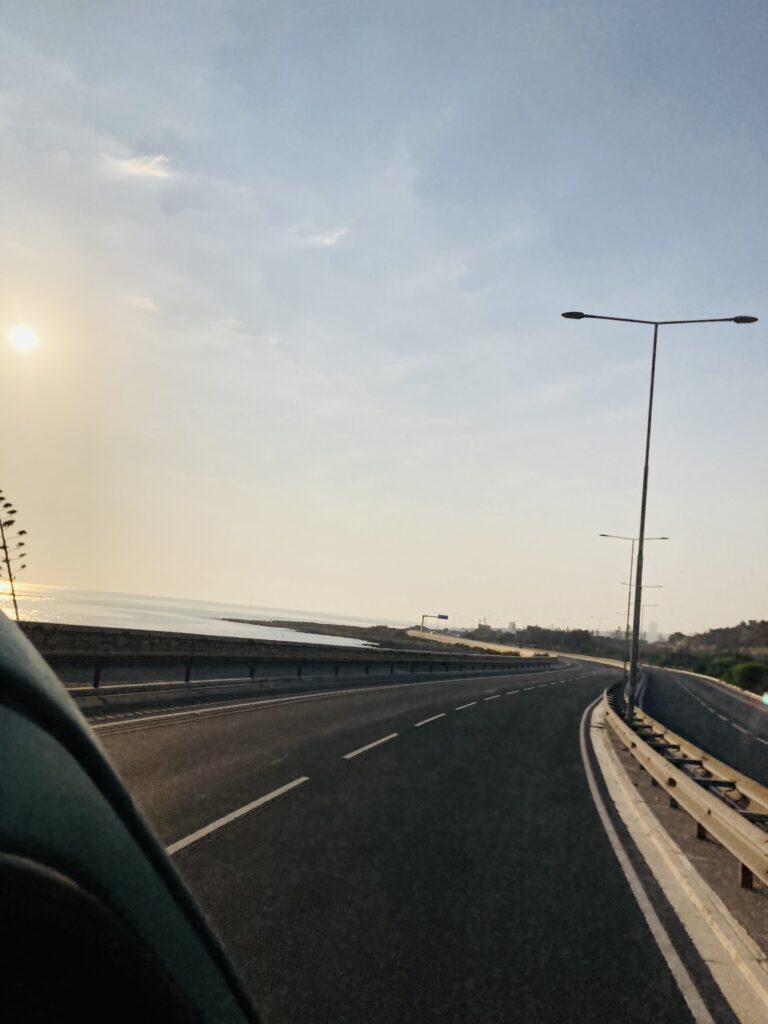
Boost your confidence with insights from top platforms:
- The Mayo Clinic offers practical advice on managing travel anxiety.
- Travel + Leisure explores calming tips for nervous flyers.
- Major wedding sites like The Knot and Zola provide helpful tools for stress‑free destination weddings.
Final word
Travel anxiety is real—but it doesn’t have to win. With planning, self-care, and helpful resources at your side, you can turn those nervous knots into excitement again. Remember: you’re not alone, and every journey starts with one brave step.





